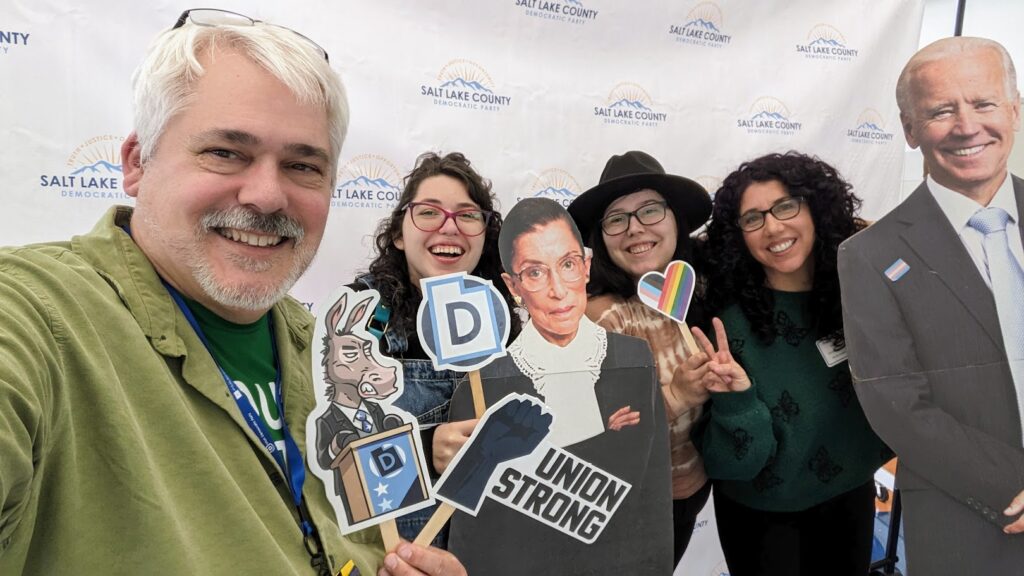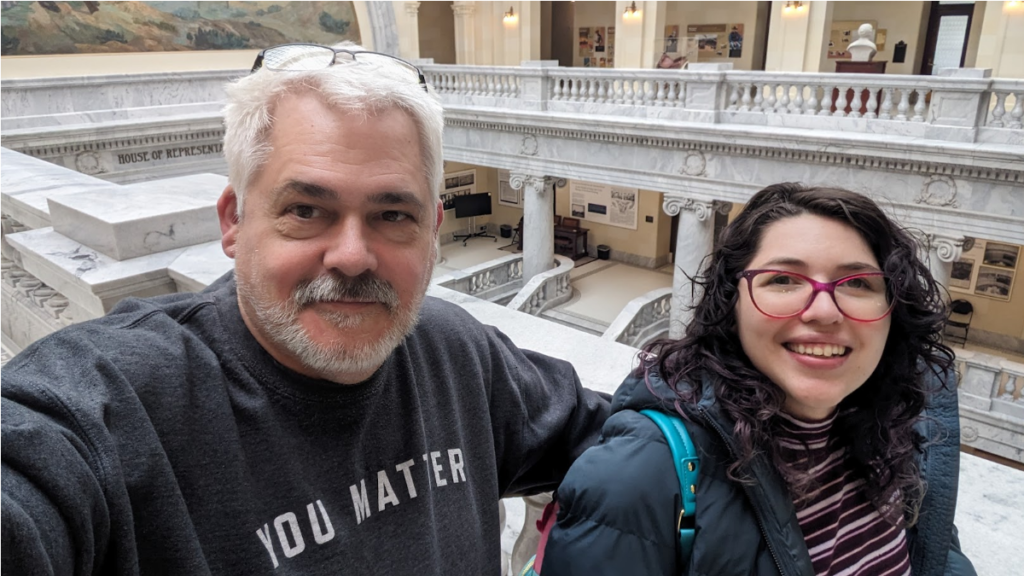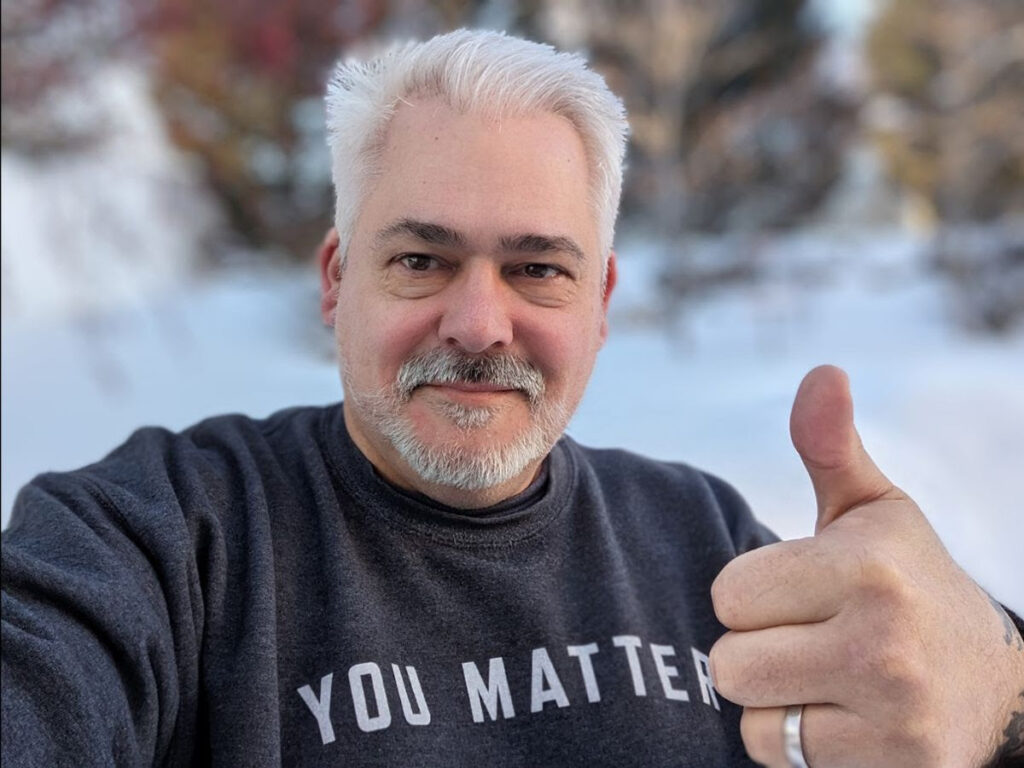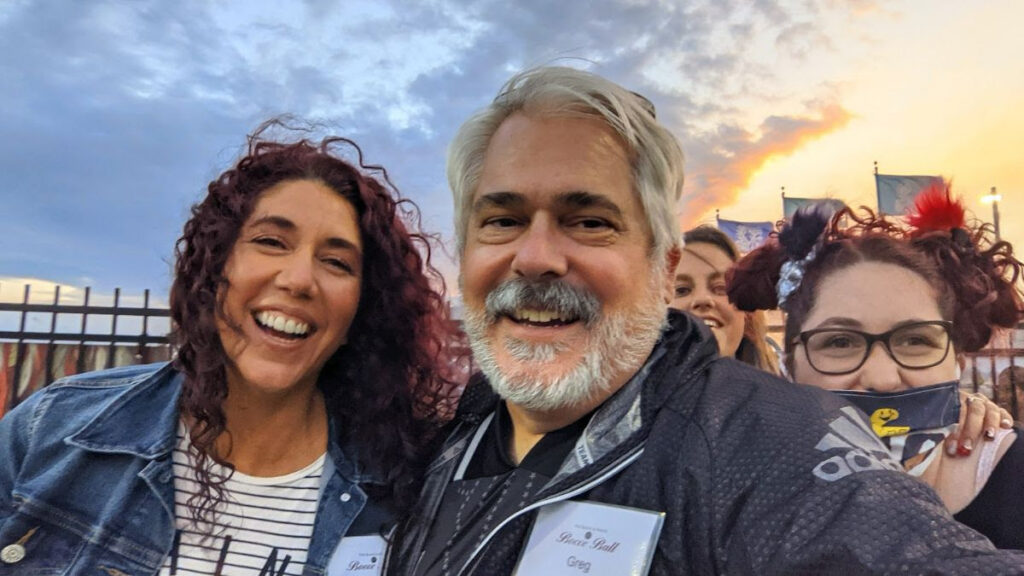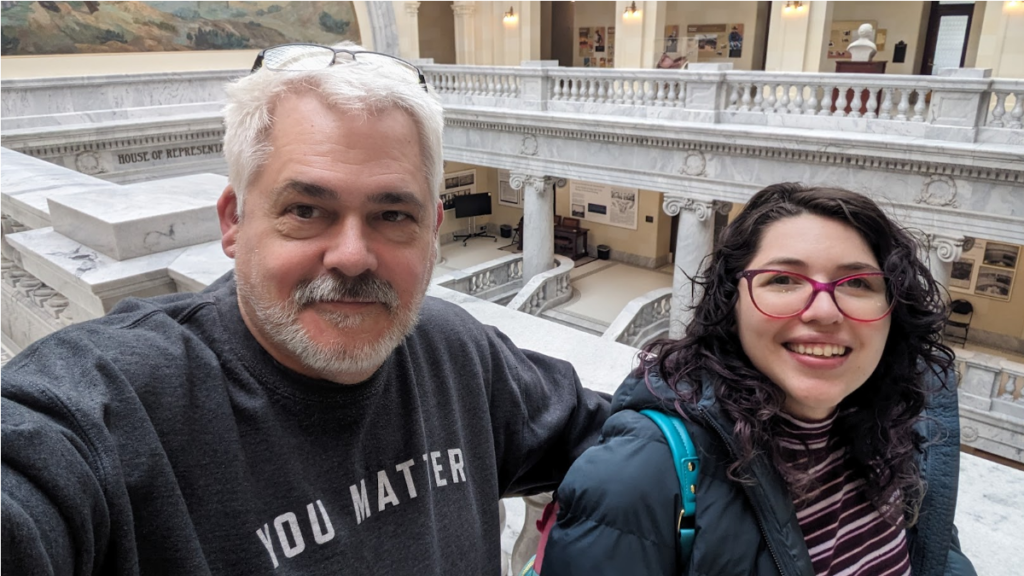
Our district is a primarily residential district that encompasses the north and west of South Jordan city, and the southwestern edge of West Jordan city. We are home to eight public schools that all fall within the Jordan School District. Our schools service elementary and middle school students. Our oldest school is 45 years old.
- Eastlake Elementary (Daybreak) – home of the Dragons (2010)
- Elk Meadows Elementary (South Jordan) – home of the Falcons (1998)
- Golden Fields Elementary (Daybreak) – home of the Gladiators (2017)
- Jordan Ridge Elementary (South Jordan) – home of the Eagles (1987)
- Welby Elementary (West Jordan) – home of the Wildcats (1979)
- Elk Ridge Middle School (South Jordan) – home of the Wapiti (1994)
- Mountain Creek Middle School (Daybreak) – home of the Moose (2019)
- South Jordan Middle School (South Jordan) – home of the Snow Leopards (1989)
Additionally, there is one public charter school for grades 6-12 in our boundaries:
- American Academy of Innovation (Daybreak) – home of the Titans (2016)
The reason that I’m stating all of this is because I want to raise the issue and address the topic of school vouchers that undermine strong public education and student opportunity. They take scarce funding from these public schools, and move that money to private schools that are not accountable to taxpayers, for test scores, or teacher certifications. The NEA provides a dismal review of the voucher program in Arizona – the Empowerment Scholarship Account (ESA) due to its cost and utter lack of accountability. The Utah Fits All Scholarship program is modeled after the Arizona voucher program, and promises the same fate in our state. Critics of the voucher program object that the voucher program will financially hobble Utah’s public schools, which are already among the least funded in the country.
Families overwhelmingly support public schools. Our public schools are a gold standard for education. They offer programs in arts, STEM, athletics, and robust extra-curricular clubs and activities. Public schools are the only spaces where there are protections for students with disabilities, with a notable exception of specialized schools. Teachers are certified and maintain ongoing education. Our public schools have robust systems of support that include the PTA, Community Councils and volunteers. Our funds should be used to improve public school programs, including school lunch, extended day programs, after school programs, invest in teacher salaries, and to add support positions (paras, nurses, counselors) to administrative staff.
Reference Articles:
- School Vouchers Were Supposed to Save Taxpayer Money. Instead They Blew a Massive Hole in Arizona’s Budget. (propublica.org)
- Utah seeking to dismiss Utah Education Association voucher lawsuit (ksl.com)
- Group sues over Utah Fits All scholarship program (ksltv.com)
“The Utah Education Association, a group of parents and an elected member of the Utah State Board of Education are suing over the Utah Fits All scholarship program.” - Vouchers (nea.org)
– “there is ZERO statistical significance that voucher programs improve overall student success”
– “Furthermore, vouchers have been shown to not support students with disabilities, they fail to protect the human and civil rights of students, and they exacerbate segregation.” - Utah Fits All vouchers all awarded. Here’s how families can spend $8k for next school year. (sltrib.com)
– “As to how those families intend to use the money (private school, homeschooling, extracurriculars, etc.), ACE said that’s currently unknown. However, families can begin accessing their spending accounts starting in early August – and the possibilities are almost nearly endless.” - State Policymakers Should Reject K-12 School Voucher Plans (cbpp.org)
– “vouchers divert money away from public schools, sometimes by directly re-routing education funding to private schools, and other times indirectly by making it harder to pay teachers, buy new textbooks, and provide quality after-school programming.” - The Highly Negative Impacts of Vouchers (americanprogerss.org)
– “analysis builds on a large body of voucher program evaluations in Louisiana, Indiana, Ohio, and Washington, D.C., all of which show that students attending participating private schools perform significantly worse than their peers in public schools—especially in math.”
Trust in our system of public education. Your representative needs to represent you. You are the voter. You are the constituent. If your voice isn’t represented in the district, then speak up, get involved, and act with your vote in November. I ask that you stand for our system of public education, and stand with me for better representation.
See https://utah44.com/hd44-demographics/
I look forward to hearing from you.

